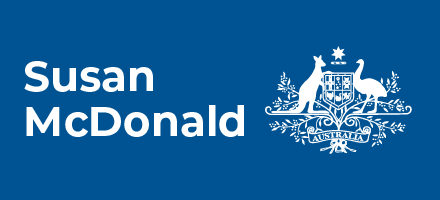MINISTER FOR EDUCATION – MEDIA RELEASE – STATEMENT ON CHILD CARE
THE HON DAN TEHAN MP
Minister for Education
MEDIA RELEASE
26 March 2020
STATEMENT ON CHILD CARE
The current expert medical advice is that the child care sector should remain open except where individual services have been directed to close by health authorities.
The Government is aware of the challenges facing the Child Care sector because of reduced attendance.
I am working with the sector to minimise the impact of COVID-19, and we already have implemented additional support arrangements.
To support the sector, we have increased the number of days, up to 62, that a child care service will continue to receive the Child Care Subsidy (CCS) when a child is absent from care. The CCS covers up to 85 per cent of the daily costs of a child’s care.
Grants ranging from $10,000 to $50,000 are available for child care providers through the Community Child Care Special Circumstances Fund to help cover business costs, including wages, to ensure services impacted by COVID-19 can continue to operate.
Families with financial difficulty can apply for funding through the ACCS (temporary financial hardship fund) to cover child care gap fees.
One of the key ways all governments can support the sector is through regulatory relief and this is on the agenda for Education Council tomorrow.
We continue to assess the issues facing the sector and we will continue to work with them to manage the impact of the coronavirus.
I will have more to say on this in the coming days.


